A new review conducted by researchers from Obafemi Awolowo University, Federal University of Technology Akure, University of Ibadan, Osun State University, Ladoke Akintola University of Technology in Nigeria, looked at the anti-cancer effects of several plants and assessed their potential role as complementary therapies alongside conventional cancer treatments, according to science news site Scitech Daily.
Cancer remains the leading cause of death globally
Photo: AI
Plants with anti-cancer properties
The results found that several plants exhibited potential anti-cancer properties, making them candidates for cancer treatment. These plants contain a variety of bioactive compounds, including flavonoids, alkaloids, terpenoids, and phenolic acids, which contribute to their anti-cancer effects.
Spondias mombin: This plant is rich in carotenoids and flavonoids such as quercetin, which has anti-cancer activity by inducing cell death, inhibiting cell proliferation, and reducing oxidative stress. Quercetin also targets cancer-related signaling pathways and has anti-inflammatory properties.
Taro (Xanthosoma sagittifolium): This tuber has anti-cancer effects on leukemic cells, it also induces cell death, prevents tumor cell proliferation and inhibits angiogenesis. Its bioactive compounds, including flavonoids and tannins, modulate key cellular pathways, enhancing its potential for cancer treatment.
Onions (Allium cepa): This vegetable is rich in organic sulfur compounds, flavonoids, and phenolic acids, which reduce oxidative stress, inhibit cell proliferation, and cause cell death. Onions also regulate detoxification enzymes, boost the immune system, and may help overcome drug resistance in cancer cells, according to Scitech Daily.
Onions, guava leaves have anti-cancer properties
Photo: AI
Yam (Dioscorea dumetorum): Diosgenin, a compound in yam, exhibits significant anti-cancer properties, inhibiting cell proliferation, inducing cell death, and modulating signaling pathways. Yam also has antioxidant and anti-inflammatory effects that aid in cancer treatment.
Guava (Psidium guajava): Guava leaves contain tannins, flavonoids, and phenolic acids that have been shown to induce cell death, inhibit cancer cell growth, and prevent DNA damage. Guava also reduces oxidative stress and inflammation, which are key factors in cancer progression.
Although the potential of the above-mentioned plants in cancer therapy is promising, further research is needed to fully understand their pharmacology as well as their safety and efficacy in cancer treatment, the researchers said.
Source: https://thanhnien.vn/phat-hien-loai-cu-qua-dan-da-la-khac-tinh-cua-ung-thu-18525051416145088.htm



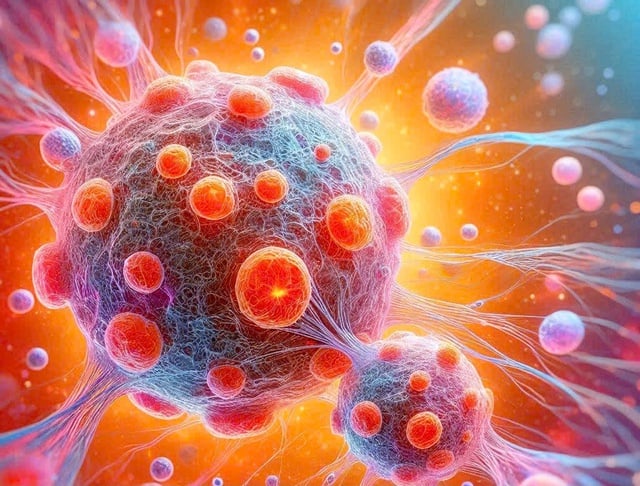
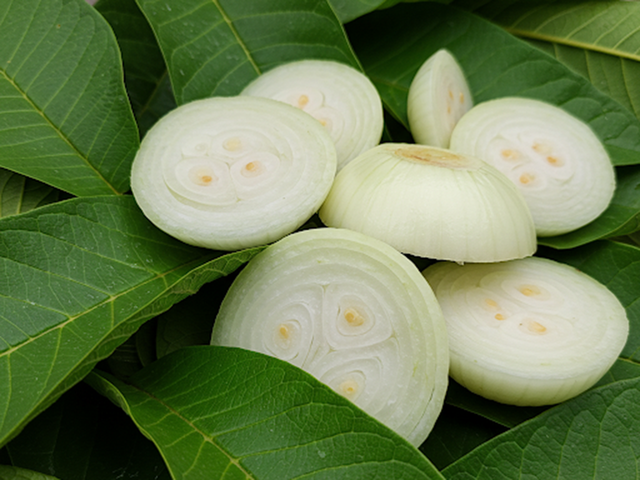
![[Photo] Prime Minister Pham Minh Chinh attends the 80th Anniversary of the Vietnam Posts and Telecommunications Group](https://vphoto.vietnam.vn/thumb/1200x675/vietnam/resource/IMAGE/2025/9/6/39a89e5461774c2ca64c006d227c6a4e)
![[Photo] 80th Anniversary of the General Staff of the Vietnam People's Army](https://vphoto.vietnam.vn/thumb/1200x675/vietnam/resource/IMAGE/2025/9/6/49153e2a2ffc43b7b5b5396399b0c471)
![[Photo] General Secretary To Lam attends the 80th Anniversary of the General Staff of the Vietnam People's Army](https://vphoto.vietnam.vn/thumb/1200x675/vietnam/resource/IMAGE/2025/9/6/126697ab3e904fd68a2a510323659767)
![[Photo] Rescuing people in flooded areas at the foot of Prenn Pass overnight](https://vphoto.vietnam.vn/thumb/1200x675/vietnam/resource/IMAGE/2025/9/6/19095b01eb844de98c406cc135b2f96c)
















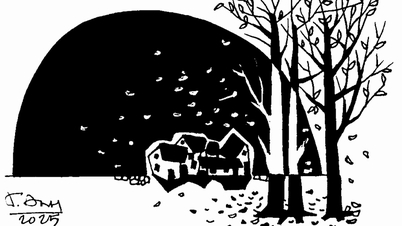



![[Photo] Many people directly experience beloved Uncle Ho and the General Secretaries](https://vphoto.vietnam.vn/thumb/1200x675/vietnam/resource/IMAGE/2025/9/6/2f4d9a1c1ef14be3933dbef3cd5403f6)






















































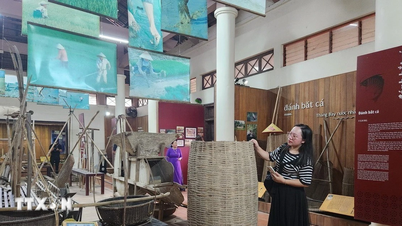
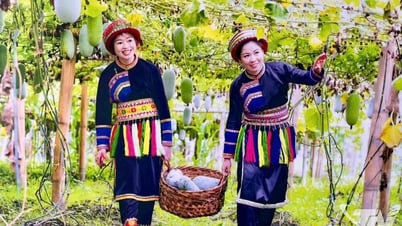

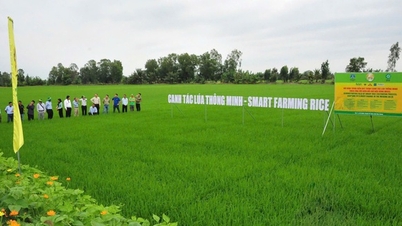

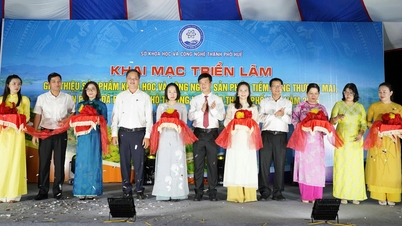



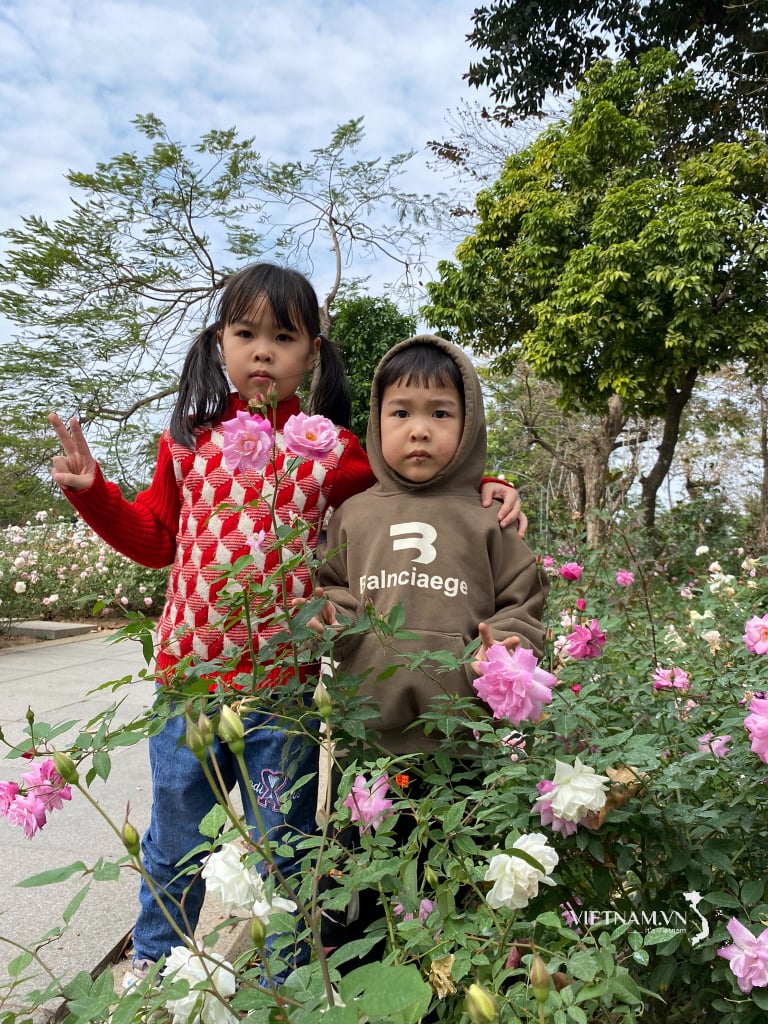
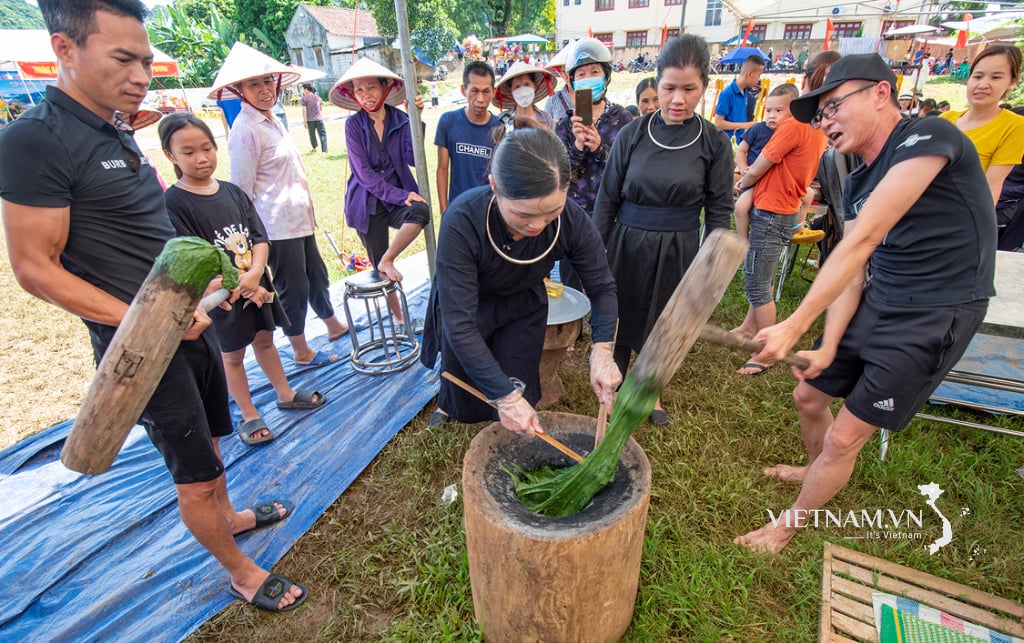

Comment (0)